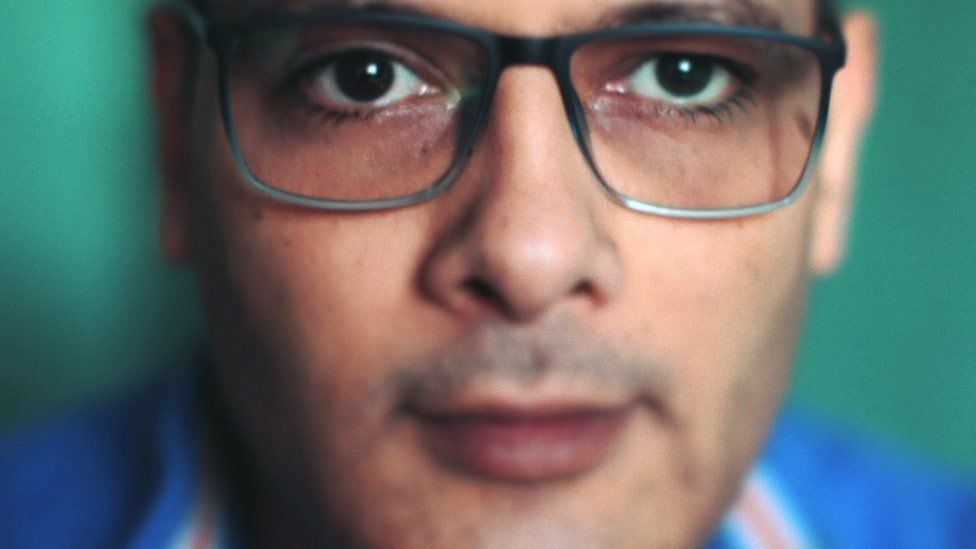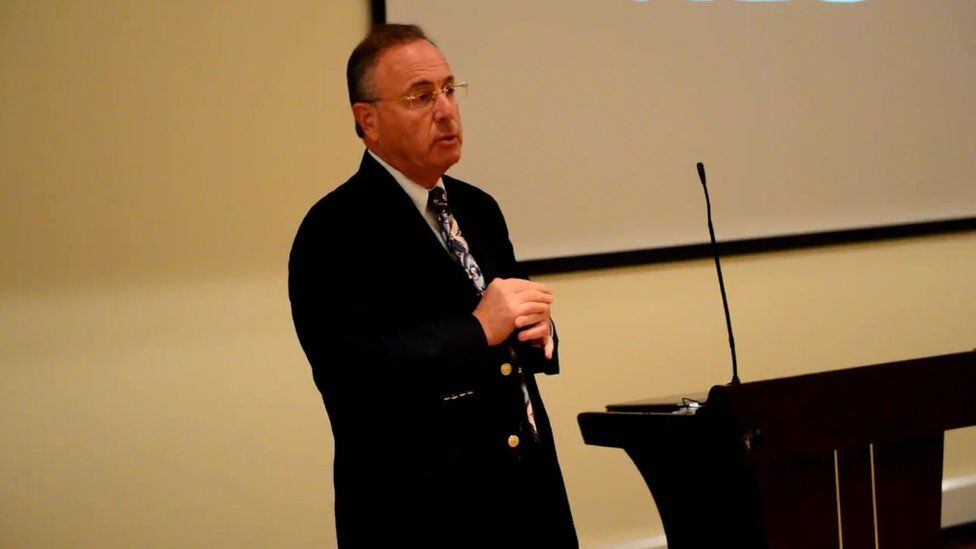Just over three decades ago I stood on the Berlin Wall which, for nearly three decades prior, had separated friends and families, divided a country, and made Europe divided.
I watched and held my breath with thousands of people on that heady November night in 1989, when a brave young man dared to jump off the wall into what had been “no man’s land.”
SIGHT: Putin’s threatening message against “scum and traitors” among Russian oligarchs who align with the West
Had he done so a few days earlier he would have been shot, joining all those who paid with their lives for daring to build bridges between East and West. But not on the night the wall fell. That day he presented a flower to an East German soldier who, bewildered, after a pause that seemed to last a lifetime, held out his hand and accepted the gesture of peace.
- What is Russia’s economic system and why is it accused of being “crony capitalism”
- Why kyiv will not fall so easily under the control of Russian forces, according to the generals responsible for its defense
- What does Putin have to achieve to end the invasion of Ukraine?
The crowd lining the wall cheered wildly.
They, we, dream that Europe could now be “free and one”. People could soon be free to choose who would rule them, whether they lived in Berlin or Prague, Warsaw or Budapest and maybe, just maybe, Moscow and St. Petersburg too.
my return to berlin
I am back in Berlin, a city facing the fact that that dream is now dead thanks to Vladimir Putin’s decision to invade Ukraine and bomb its people into submission.
Germany’s leader, Chancellor Olaf Scholz, said this is a historic turning point. In German they have a word for that (they have a word for everything). Is zeitenwende.
Scholz announced that his country would now offer real military aid to Ukraine.
A few weeks earlier, his government had been mocked for its offer of 5,000 helmets to equip the Ukrainian army. The German army chief had to resign after noting that all Putin wanted was respect and that he probably deserved it.

The German chancellor has now pledged to invest more in defense, some 100 billion euros ($109 billion) more. What that means is that this country will soon become Europe’s greatest military power and the third largest in the world, behind China and the United States.
Not long ago, that prospect would have been met with fear abroad and protest at home.
As a young man, a member of what he calls “the generation of 1989,” Nils Schmid studied in Ukraine in what was then part of the Soviet Union. He is currently a German MP and foreign affairs spokesman for the ruling Social Democrats.

He told me that he and his compatriots now have to accept that the “iron curtain” that divided Europe has simply moved.
It was once a few hundred meters from his office. Now, long after the fall of the wall, she is on the border between the NATO countries – whose defense the US guarantees – and those that look towards Moscow.
Opposite his office is the large Russian embassy, in what used to be East Berlin. Now it is protected by the police and there are barricades decorated with anti-war posters.
A blanket lies on the floor and it is full of stuffed animals. The message to bystanders is that it could be their children dying in Ukraine.

There I met Michael, a motorcyclist from the Black Forest in southwestern Germany. He was shooting a video alongside his Yamaha, which he repainted in the blue and yellow colors of the Ukrainian flag.
He had traveled for eight hours with a folder packed with 600 messages addressed to Vladimir Putin, from friends, neighbors and colleagues calling on the Russian president to stop the war.
The embassy staff had refused to accept the folder. Michael had realized that talking to Russia (what used to be called détente) was not enough. Germany now had to be prepared to face Moscow.
What that means is that the children of that generation of 1989 will not enjoy the same freedoms as their parents. They will not grow up believing that wars are what happened in the past.
In fact, a recent poll showed that seven out of 10 Germans fear the expansion of this war.

And it is not strange. Refugees driven from their homes by this conflict are arriving at Berlin stations at a rate of 10,000 people a day, according to some estimates.
This war is changing the way of thinking of the most powerful country in Europe. That will have dramatic consequences that are only beginning to be thought about.
You have to be almost 40 years old to remember the day the wall fell in November 1989. These days in February and March 2022 are turning out to be just as momentous.
________________________________
- Putin says Western sanctions are like a ‘declaration of war’
- Ukraine shows on social networks the missile attack on a helicopter: “This is how the Russian occupiers die!” | VIDEO
- Visa and Mastercard suspend operations in Russia due to the invasion of Ukraine
- The strange act of Vladimir Putin between jokes, flowers and stewardesses in full offensive in Ukraine
- British journalists recorded the moment they were fired upon by Russian troops in Ukraine
- War correspondent in Ukraine: “No one imagined that this would happen with such brutality”
Source: Elcomercio

:quality(75)/cloudfront-us-east-1.images.arcpublishing.com/elcomercio/2V2LZ4W3GZAKFEUBEIU3QVZEKY.webp)

:quality(75)/cloudfront-us-east-1.images.arcpublishing.com/elcomercio/AVHZMY4Q6RCV5HWCO4PYY62O2A.jpg)
:quality(75)/cloudfront-us-east-1.images.arcpublishing.com/elcomercio/ILRNRJ4QRNDWFOT6WUNZIVQY7U.jpeg)
:quality(75)/cloudfront-us-east-1.images.arcpublishing.com/elcomercio/GRMX4ILEY5H45CH65JXAOU3FQQ.jpg)

